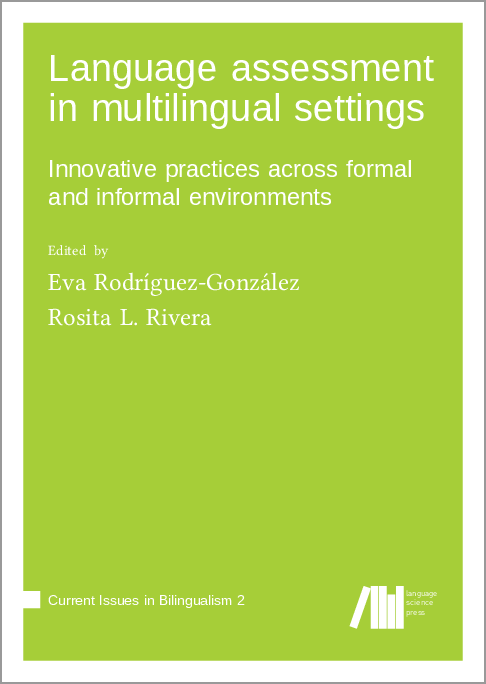Communicating Linguistics: Language, Community and Public Engagement
Hazel Price & Dan McIntyre (Hrsg.)
https://doi.org/10.4324/9781003096078
Increasingly, academics are called upon to demonstrate the value of linguistics and explain their research to the wider public. In support of this agenda, Communicating Linguistics: Language, Community and Public Engagement provides an overview of the wide range of public engagement activities currently being undertaken in linguistics, as well as practically focused advice aimed at helping linguists to do public engagement well. From podcasts to popular writing, from competitions to consultancy, from language creation to community projects, there are many ways in which linguists can share their research with the public. Bringing together insights from leading linguists working in academia as well as non-university professions, this unique collection:
- Provides a forum for the discussion of challenges and opportunities of public engagement in linguistics in order to shape best practice
- Documents best practice through a summary of some of the many excellent public engagement projects currently taking place internationally
- Celebrates the long tradition of public engagement in linguistics, a discipline which is often misunderstood despite its direct and fundamental importance to everyday life
Breaking down long-standing divisions between universities and the wider community, this book will be of significant value to academics in linguistics but also teachers, policy makers and anyone interested in better understanding the nature and use of language in society.
Language assessment in multilingual settings: Innovative practices across formal and informal environments
Rosita L. Rivera & Eva Rodríguez-González (Hrsg.)
https://langsci-press.org/catalog/book/333
https://doi.org/10.5281/zenodo.6535786
This volume explores and addresses questions related to equitable access for assessment. It seeks to initiate a conversation among scholars about inclusive practices in language assessments. Whether the student is a second language learner, a heritage language learner, a multilingual language speaker, a community member, the authors in the present volume provide examples of assessment that do not follow a single universal or standardized design but an applicable one based on the needs and context of a given community. The contributors in this volume are scholars from different disciplines and contexts in Higher Education. They have created and proposed multiple lower-stakes assignments and accommodated learning by being flexible and open without assuming that learners know how to do specific tasks. Each chapter provides different examples on Justice, Equity, Diversity, and Inclusion (JEDI) assessment practices based on observation, examination, and integrative notions of diverse language scenarios. It may be of interest to researchers and practitioners in the fields of curriculum and instruction, language learning, and applied linguistics as well as those in the field of language teaching in general. Thus this volume broadens the scope of research in the area of multilingual assessment.
Speaking of causality: On the role of prosody in communicating subjective and objective causality in discourse
Na Hu
https://doi.org/10.48273/LOT0637
Human mind distinguishes between different types of causal relations, such as those that can be directly observed from the physical world (e.g., “My daughter had a fight with her best friend, so she cried”), and those that are constructed by people in the mental world (e.g., “My daughter cried, so maybe she had a fight with her best friend”). Previous research has shown that coherence markers, such as specialized causal connectives (e.g., want ‘because’ and omdat ‘because’ in Dutch), can help people determine the type of causality the speaker intends to express (subjective vs. objective). This dissertation focuses on the role of prosody—changes in pitch, loudness, or timing—in communicating different types of causality.
This dissertation explores this issue in two steps. First, using a dialogue task, this dissertation examines the use of prosody in expressing the two different types of causality. The results show that there is a trade-off between the use of prosody and the use of specialized causal connectives in expressing subjective and objective causal relations. Based on this finding, this dissertation proceeds to examine the effect of prosodic information on the construction of causality. The results obtained from a discourse completion task show that the prosody features of the connective so affect listeners’ expectation of the causality in the upcoming context.
This dissertation provides new insights into how different types of causality are communicated in speech communication by showing that not only the lexical information but also the prosodic information plays a role.



